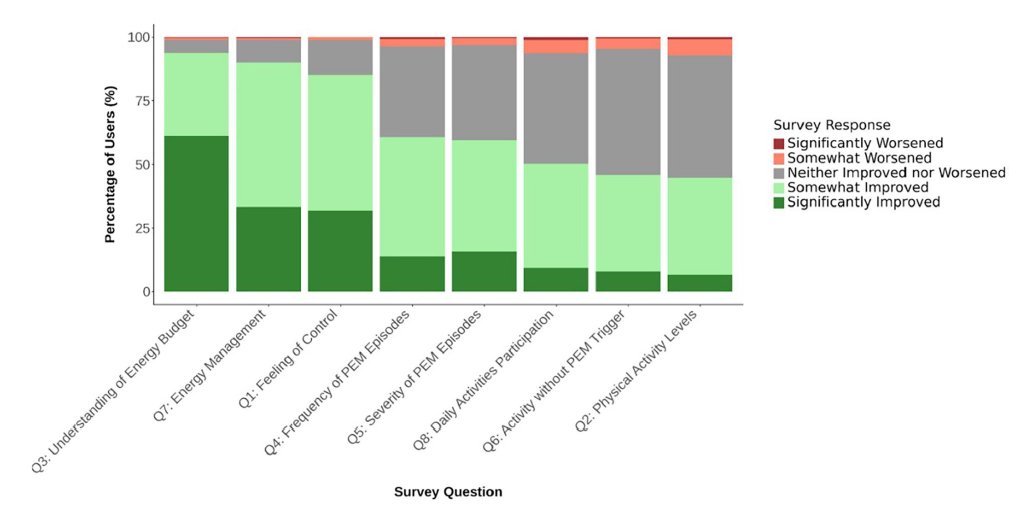
We make people (and technology) better at Mount Sinai. Opinions are my own.
48 subscribers
How to get URL link on X (Twitter) App


https://twitter.com/ChristinaAuria/status/1967662463505387752unambiguously: do NOT rush back to exercise if you're sick or symptomatic at all. General guidelines for viral illnesses typically will encourage waiting at least 10 days from your initial infection-onset, PLUS at least 3 symptom-free days before resuming any exercise that

https://twitter.com/sunsopeningband/status/1958887804462612574First up, as someone who works in innovation, I *love* unpopular opinions - that's where alternative points of view live that allow us to look at a problem in a different way. But IT IS disingenuous to dress up an *uninformed* or *misleading* opinion as "unpopular" - that's
https://twitter.com/x3r0gx4/status/1956352433799450957language has been inflammatory to members of the community, because it the feedback I have received is that it "feels like we're trying to say that exercise is curative even with PEM, without saying the word exercise". I regret that this was the impression that our wording
https://twitter.com/mecfsskeptic/status/1953353139639177370underpinnings of these illnesses. Next, I think that the study is credible and well-conducted with a great, big data set that agrees with other studies in the space that have shown that, yes - people with #MECFS, #LongCOVID () and perhaps even other 2/medrxiv.org/content/10.110…

https://twitter.com/Virus2Host/status/1934331709136486775I truly admire, @VirusesImmunity, and I just cannot let that stand. Let's start with the obvious: we are not "heroes", we are not "saviors". We are people. People who saw a disaster occurring and did our best to lend a hand. I am fallible, I am frequently wrong and if you 2/
https://twitter.com/PutrinoLab/status/1933437518969557479someone's baseline. Not dissimilar to what we see in multiple sclerosis, some people can bounce back from their PEM without a noticeable effect to their baseline, whilst others appear to experience progressive loss of function with every bout of PEM (or a combo of the two).
